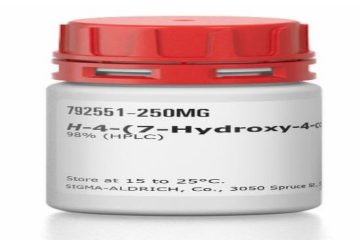Addiction recovery is a journey that requires dedication, perseverance, and a clear plan. Setting and achieving goals during this process is crucial for long-term success and maintaining sobriety. For residents of Clearwater, the serene environment and supportive community can significantly contribute to this journey. Here, we guide you through setting realistic goals and strategies for achieving them during addiction recovery.
Understanding the Importance of Goal Setting in Recovery
Setting goals in addiction recovery serves as a roadmap, helping individuals stay focused and motivated. Goals provide direction and a sense of purpose, which are essential in overcoming addiction. They break down the overwhelming task of recovery into manageable steps, making the process less daunting and more achievable.
Step-by-Step Guide to Setting Realistic Goals
Assess Your Current Situation: Before setting goals, it’s important to understand your starting point. Reflect on your current recovery state, strengths, weaknesses, and triggers. This self-assessment will help you set realistic and attainable goals.
Define Your Long-Term Objectives: Long-term goals in addiction recovery might include maintaining sobriety, rebuilding relationships, or returning to work. These goals should align with your vision for a healthy, fulfilling life post-recovery.
Break Down Long-Term Goals into Short-Term Goals: Achieving long-term goals requires setting smaller, short-term goals. These could be daily or weekly milestones gradually leading to your primary objectives. For example, if your long-term goal is to rebuild relationships, a short-term goal might be to reach out to a family member or friend once a week.
Ensure Goals Are SMART: Goals should be Specific, Measurable, Achievable, Relevant, and Time-bound. This SMART framework ensures that your goals are clear and realistic. For instance, instead of saying, “I want to stay sober,” a SMART goal would be, “I will attend three support group meetings per week for the next month.”
Write down your goals. Documenting your goals makes them tangible and constantly reminds you of your work. Keep a journal or use a goal-setting app to track your progress.
Strategies for Achieving Your Goals
Create a Support System: Recovery is not a journey alone. Surround yourself with supportive friends, family, and professionals. Clearwater offers various support groups and counseling services that can provide encouragement and accountability.
Develop Healthy Habits: Incorporating healthy habits into your daily routine can significantly aid in achieving your goals. Regular exercise, a balanced diet, and sufficient sleep are crucial for physical and mental well-being. Engaging in activities such as yoga or meditation can also help manage stress and prevent relapse.
Stay Positive and Patient: Recovery is gradual, and setbacks are common. Maintain a positive outlook and be patient with yourself. Celebrate small victories and learn from any mistakes. Each step forward, no matter how small, is progress.
Utilize Professional Help: Professional guidance from therapists or counselors can provide valuable insights and strategies tailored to your needs. Clearwater has numerous professionals specializing in addiction recovery who can help you navigate challenges and stay on track.
Regularly Review and Adjust Goals: Review your goals to ensure they remain relevant and achievable. As you progress in your recovery, your circumstances and priorities may change. Adjust your goals accordingly to reflect your current situation and aspirations.
Setting and achieving goals is a fundamental aspect of addiction recovery. For those in Clearwater, leveraging the local resources and supportive community can enhance this journey. Individuals can make significant strides towards a healthier, sober life by setting realistic goals and employing effective strategies. Remember, recovery is a continuous process that requires commitment and perseverance, but it is achievable with clear goals and a solid plan.



